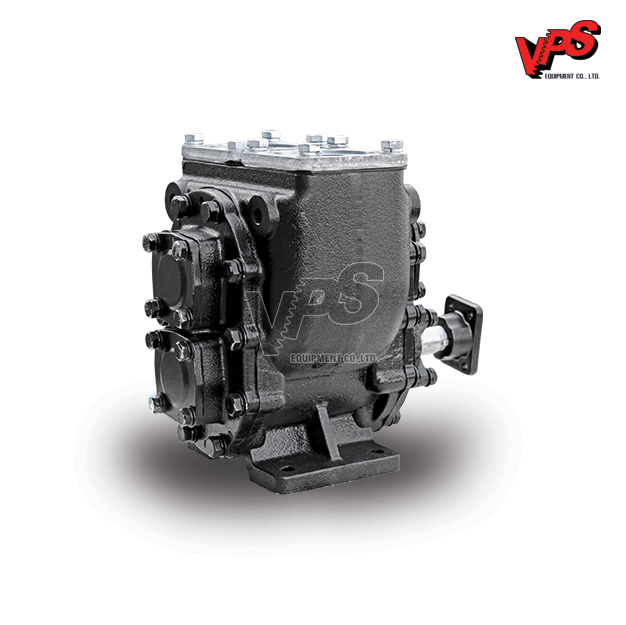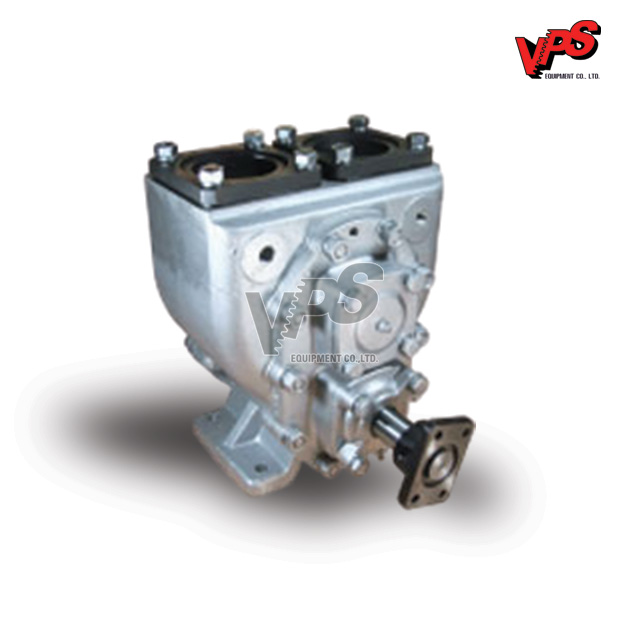High-Performance Oil Transfer Pump for PTO
Our oil transfer pump is designed specifically for trucks equipped with a Power Take-Off (PTO) system. It uses power directly from the truck’s engine to move oil or other fluids efficiently and safely. The pump connects to the PTO on the truck’s transmission, allowing smooth fluid transfer without needing additional motors or power sources. Ideal for tanker trucks in fuel delivery, oil transport, and industrial applications.
Cast Iron Housing – Heavy-duty construction for maximum durability in tough environments
Aluminum Housing – Lightweight and corrosion-resistant for ease of installation and handling


Key Features:
PTO-driven design for consistent mechanical power
Optimized for transferring fluids from tank to destination
Compact size, easy to install on tanker systems
Wide range of flow rate and mounting configurations
Leak-resistant seals and durable internal components
FAQ
Most frequent questions and answers
An oil transfer pump is a device that moves oil or fluids from a truck’s tank to another container or system. It helps transfer liquids quickly and safely during fueling or delivery.
- The pump is powered by the truck’s Power Take-Off (PTO) system, which transfers engine power to operate the pump. When engaged, the PTO drives the pump to draw oil from the tank and push it through hoses to the desired location, without the need for additional motors or power.
Selecting the right oil transfer pump is essential to ensure efficient, reliable, and safe fluid transfer for your trucking operations. Here are the key factors to consider when choosing a pump powered by your truck’s Power Take-Off (PTO) system:
1. Compatibility with Your Truck’s PTO and Transmission
Verify that your truck’s transmission supports PTO operation and matches the pump’s mounting requirements.
Check PTO shaft size and connection type to ensure proper fit.
2. Flow Rate Requirements
Determine how much fluid you need to transfer per minute (liters or gallons per minute).
Choose a pump with a flow rate that meets or exceeds your operational needs without causing strain on the PTO.
3. Fluid Type and Viscosity
Confirm the pump material and seals are compatible with the type of oil or fluid you’ll be transferring (e.g., diesel, lubricants).
Viscosity affects pump performance; thicker fluids may require pumps with higher torque.
4. Pump Construction Material
Cast iron pumps are durable and suited for heavy-duty use.
Aluminum pumps offer lighter weight and corrosion resistance for specific environments.
5. Mounting Type and Space Constraints
Consider the available mounting space on your truck and the type of mounting flange or bracket required.
Some pumps offer universal mounting options to fit various truck models.
